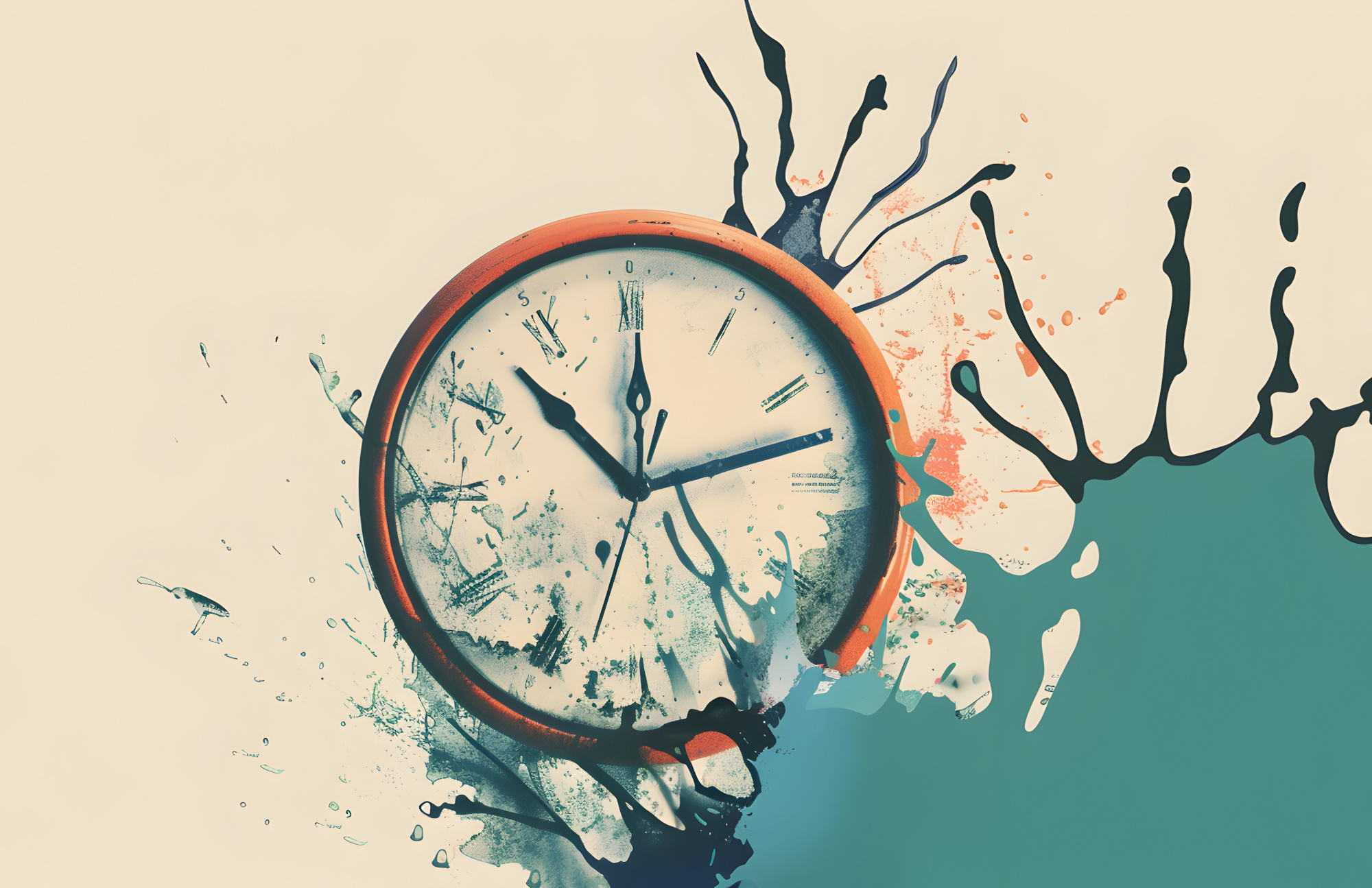Low self esteem. People pleasing. Poor boundaries. Living with codependency can be both deeply painful and extremely draining. Thankfully, it doesn’t have to go on forever, and you don’t have to keep living your life according to someone else’s needs. Codependency is a learned behavior, which means it can be unlearned with awareness, understanding, and often with professional help.If you or someone you know is exhibiting codependent behavior, read on to learn more.
What Is A Codependent Person Like?
Codependency is a complex emotional and behavioral condition that affects an individual’s ability to have healthy, mutually satisfying relationships. People who are codependent often form or maintain relationships that are one-sided, emotionally destructive, and/or abusive. The core characteristics include excessive emotional or psychological reliance on a partner, typically one who requires support due to an illness or addiction.

How Does Codependency Start?
Becoming codependent typically results from a combination of factors that influence a person’s emotional and behavioral patterns.These factors often develop in childhood and are shaped by family dynamics, but they can also be influenced by experiences in adulthood. Developing codependency usually involves the following key elements:
- Family Dynamics and Childhood Experiences: Many codependent behaviors are learned during childhood. Growing up in a family where emotions were ignored or punished, where a family member had an addiction or mental health issue, or where there was abuse or neglect, can lead to the development of codependent traits. Children in these environments often learn to put others’ needs before their own as a survival strategy.
- Caretaker Roles in Family: If a child is placed in a caretaker role, either for younger siblings or for a parent, they might learn to prioritize others’ needs over their own. This can establish a pattern of deriving self-worth and identity from being needed or from taking care of others.
- Lack of Healthy Role Models: Without exposure to healthy, balanced relationships, a child may not learn how to establish and maintain boundaries, express emotions healthily, or understand the dynamics of mutual respect and interdependence.
- Emotional Neglect or Abuse: Experiencing emotional neglect or abuse can lead to deep-seated feelings of unworthiness, fostering a belief that love and approval must be earned through caretaking, accommodating, or pleasing others.
- Societal and Cultural Influences: Societal and cultural norms can also play a role, especially those that emphasize self-sacrifice, caretaking, and putting others’ needs first as virtuous without acknowledging the need for personal boundaries and self-care.
- Relationships in Adulthood: Entering into relationships with individuals who have addiction issues, emotional or mental health challenges, or narcissistic traits can also lead to codependent behaviors. These relationships can reinforce the belief that love and worth are contingent upon caretaking or rescuing others.
- Reinforcement of Codependent Behaviors: Positive reinforcement for codependent behaviors (like being praised for always being available or for neglecting one’s own needs for others) can strengthen these patterns over time.
It’s important to recognize that becoming codependent is often an unconscious process. People don’t choose codependency, they develop these behaviors in response to their environment and experiences.
How Does Codependency Manifest?
Codependency can manifest in many ways, most of which can be extremely disruptive to everyday life. These include:
- Difficulty making decisions in a relationship
- Valuing the approval of others more than valuing yourself
- Lacking trust in yourself and having poor self-esteem
- Having fears of abandonment or an obsessive need for approval
- Having an unhealthy dependence on relationships, even at your own cost
- Difficulty recognizing and communicating your own feelings

Is Codependency Linked to Anxiety?
Individuals with codependent tendencies often experience high levels of anxiety, as their sense of worth and emotional well-being are heavily dependent on the dynamics of their relationships. This can lead to constant worry about the relationship’s stability and fear of abandonment or rejection.
Am I Codependent or Narcissistic?
Recently, there has been a flood of online information discussing how codependents and narcissists frequently form relationships with each other, typically to satisfy their own, often unhealthy, needs and desires. Codependent individuals often put others’ needs before their own and seek external validation, while narcissists prioritize their own needs and tend to lack empathy for others. However, while some relationships may include one person who is more focused on their own needs, and another person who is more focused on the other’s needs, that does not necessarily mean one is a narcissist and one is codependent. Determining whether someone is codependent or narcissistic involves a complex assessment of thoughts, behaviors, and emotions, and is often best done with the help of a mental health professional.
Does Codependency Cause You to Become an Addict?
Codependency itself does not cause addiction, but it can be a contributing factor in the relational dynamics that surround addictive behaviors. A codependent relationship can enable or exacerbate addiction, as the codependent individual may prioritize the needs and behaviors of the addicted person over healthy boundaries and self-care.

Treating Codependency
Effectively treating codependency involves a multifaceted approach. At The Ohana, we offer specialized programs for individuals struggling with codependency issues. Our rehab center offers:
Medical Detox: For those whose codependency is intertwined with substance use, a safe and medically supervised detox is the first step.
Evidence-Based Treatment: We utilize proven methodologies like Cognitive Behavioral Therapy (CBT) to address the underlying psychological patterns.
Holistic Treatment: Our approach includes holistic therapies such as mindfulness, yoga, and art therapy, supporting overall well-being and self-awareness.
What might your life look like if you no longer had to live your life based on the needs of others? What might it feel like? At The Ohana, we understand the complex nature of codependency and we’re committed to providing comprehensive care that addresses both its emotional and behavioral aspects. Our focus on evidence-based and holistic treatment ensures that each individual receives the care they need to foster healthier relationships and a more fulfilling life.
Recognizing codependency is the first step towards healing. Reach out to us today to learn how we can help you break free.







